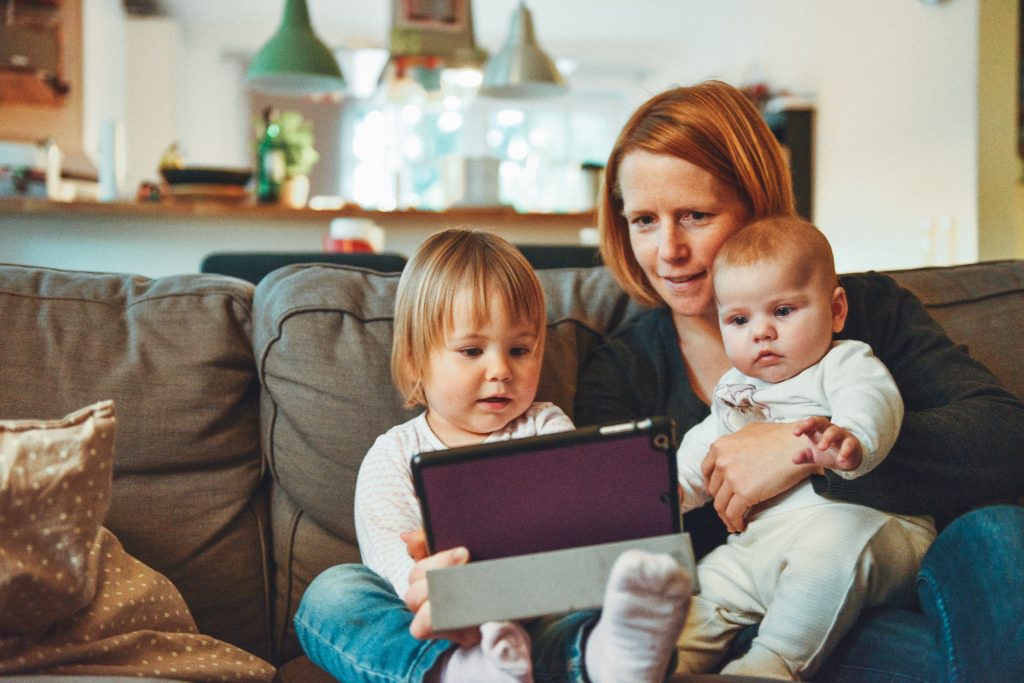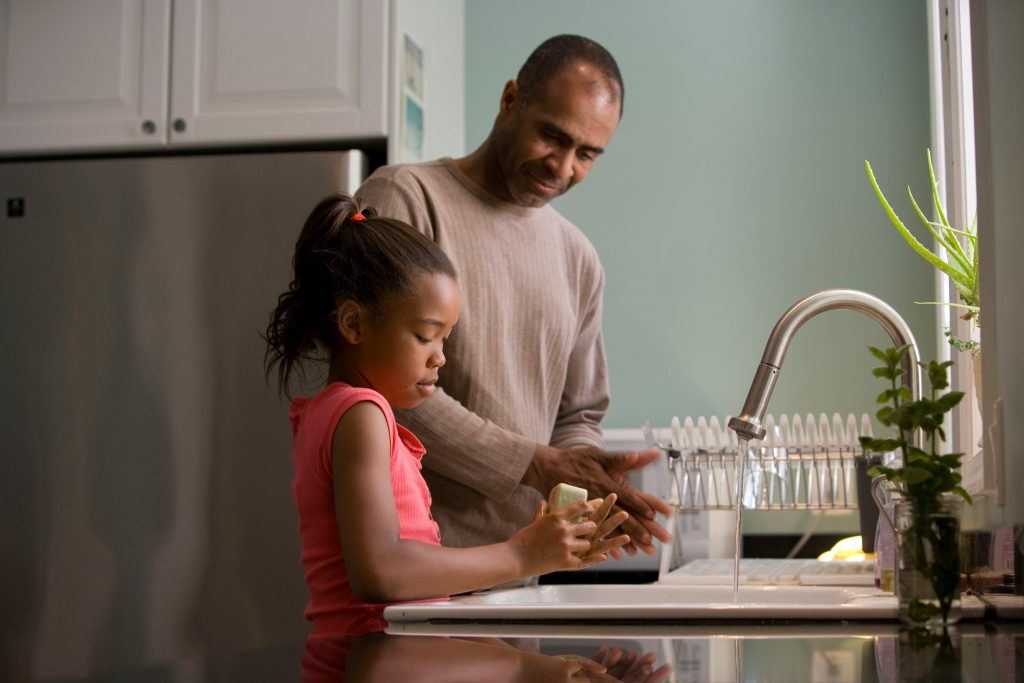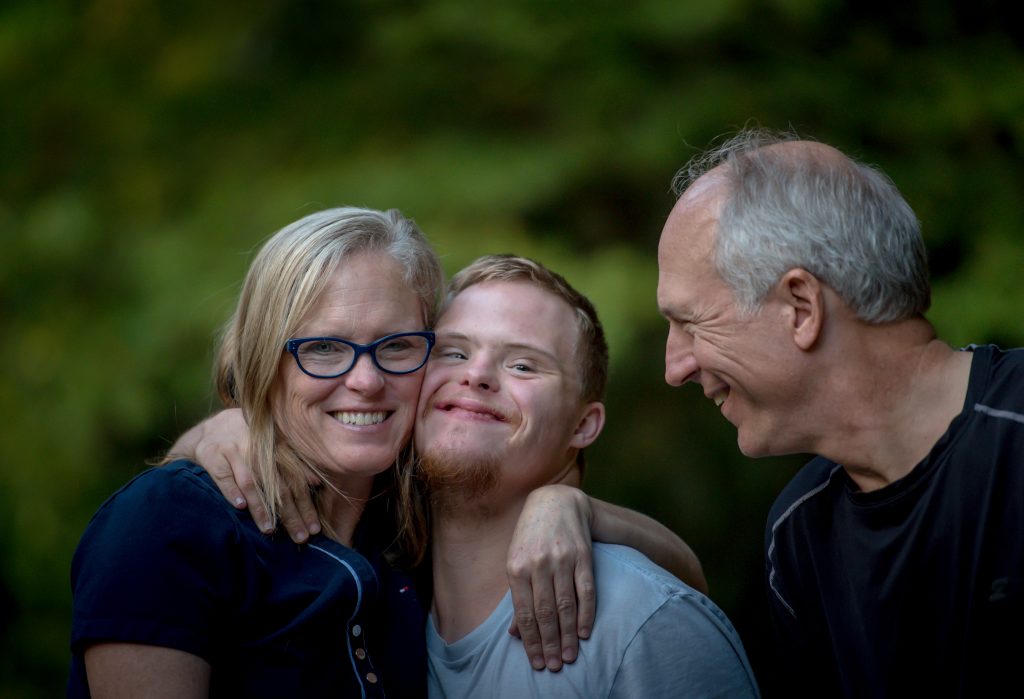Why do some children still do best after divorce and separation? Is there divorce parenting approaches that really work? Read and learn the divorce parenting approaches that really work.
Going through the process of divorce is a challenging life transition for both parents and children. During their parents’ divorce, children often feel a wide variety of conflicting emotions. It is very important for parents to provide their children with understanding and support. Overall, the children who do best after divorce and separation are those whose parents dominantly employ 5 divorce parenting approaches.
children often feel a wide variety of conflicting emotions. It is very important for parents to provide their children with understanding and support. Overall, the children who do best after divorce and separation are those whose parents dominantly employ 5 divorce parenting approaches.

Listen to children and nurture an independent and empathic relationship with each of them
To better help our children we must first understand them. To be able to understand them completely, we need to listen and create an environment favorable for them to speak out. To make things happen, you need to:
- Encourage your children to talk about how they feel. Let your children know that they can openly talk to you about their feelings of your separation or divorce.
- Keep lines of communication open and answer all questions about the changes. Make sure your children feels like they can ask you questions and get answers about why the divorce happened and what to expect.
- Convey that you are genuinely interested in their input. This will make your children feel they are participating in contributing to the process of recovering from the divorce.

Fully support the children’s relationships with the other parent making them feel loved and wanted in both homes
Research tells us that children benefit from keeping the familial ties in their life that were meaningful and important to them prior to the divorce. Of these familial ties, the most important are the child-parent ties. Remember that divorce does not end children’s need for parents or it ends your role as parent. You should:
- Recognize that for your child to have the best chance of growing up to be a functional human male or female, he/she will need both parents as role models and nurturers. This means that there should be some pathway of getting through to the child whatever good that parent has to offer.
- Respect your child’s needs to have both parents there for them, without having them worry that they are going to die of embarrassment if you both start to fight in public. Encourage the other parent to stay involved in the children’s school and extra-curricular activities.
- Allow the children to enjoy the time that they spend with each parent. Encourage your children to spend good times with the other parent. Don’t be jealous or upset, as children do not want to take sides and love one parent more than the other.
- Help your children and ex-spouse have a successful relationship as just as you would help your children to succeed in school or sports. Remember that your ex-spouse is an important part of your child’s life. Just like you, your children have a shared history with this person as well as the present and future.

Develop positive strategies for setting limits and imposing appropriate discipline
Often after a divorce parents will either become stricter or more lenient. Some parents feel like the other parent is letting the child get away with everything; therefore, they attempt to enforce discipline across both homes. Other parents do not want to spend the limited time they have with their child punishing them and tend to be too lenient. It can be difficult for children when their parents have drastically different rules and expectations. To give the child a sense of stability and security, you should do the following:
- Maintain consistent routines. Children feel more secure when there is a standard routine. At times, some parenting issues require communication and coordination between parents, if the child spends time with both parents. Both parents don’t have to do things exactly the same way, but it is easier for children if most things are similar at each home.
- Set limits and rules clearly, and enforces them. But within these limits do allow leeway for your children to be children.
Continue to hold reasonably high expectations for the children, regardless of trying circumstances
Help your children have positive feelings about themselves. Children who feel good about them usually succeed. They seem to get better grades in school, they are better at taking on hard jobs, and they try their best. Also, they tend to make better friends because they seem surer of themselves. As parents, you can play an important role in helping children have positive feelings about themselves. Here are some ways you can help your children to feel good about them.
- Help them learn to set realistic and reachable goals so they can regularly achieve success. Praise them for success.
- Give your children responsibility so that they feel useful, and valued. Asking nothing of them implies that you think they are not capable of doing a job well, which is demeaning.
- Encourage them to make decisions, and teach that they must accept responsibility for those decisions.

Shield the children from their parental disagreements and resentments
Stop fighting and work hard to get along with each other. Rumbles of discontent between parents leave children feeling insecure. It is therefore so important for you and your partner to try to agree on matters related to children and their needs. You can employ strategies such as:
- Be able to step back and keep your feelings about your ex-spouse separate from those you have about your children’s parent. Many people make lousy husbands or wives, but they are terrific parents.
- If you cannot be civil with your ex-spouse, then work out a plan and set up rules so that your child does not have to witness your wrath. Let your children feel with ease rather than going through a gauntlet of your venom for each other.
- Get to work on resolving your feelings about your ex-spouse. That means if you can’t get over this yourself, get some help. Other people are suffering besides you, and those other people are your children!
Certainly, some children still do best after divorce and separation. All their parents did were employing tested divorce parenting approaches that really work. You can raise healthy, happy and successful children even if you’re divorced. Follow the above approaches for your children sake.
Copyright by Ruben Francia. All Rights Reserved.
Source: Free Guest Posting Articles from ArticlesFactory.com
